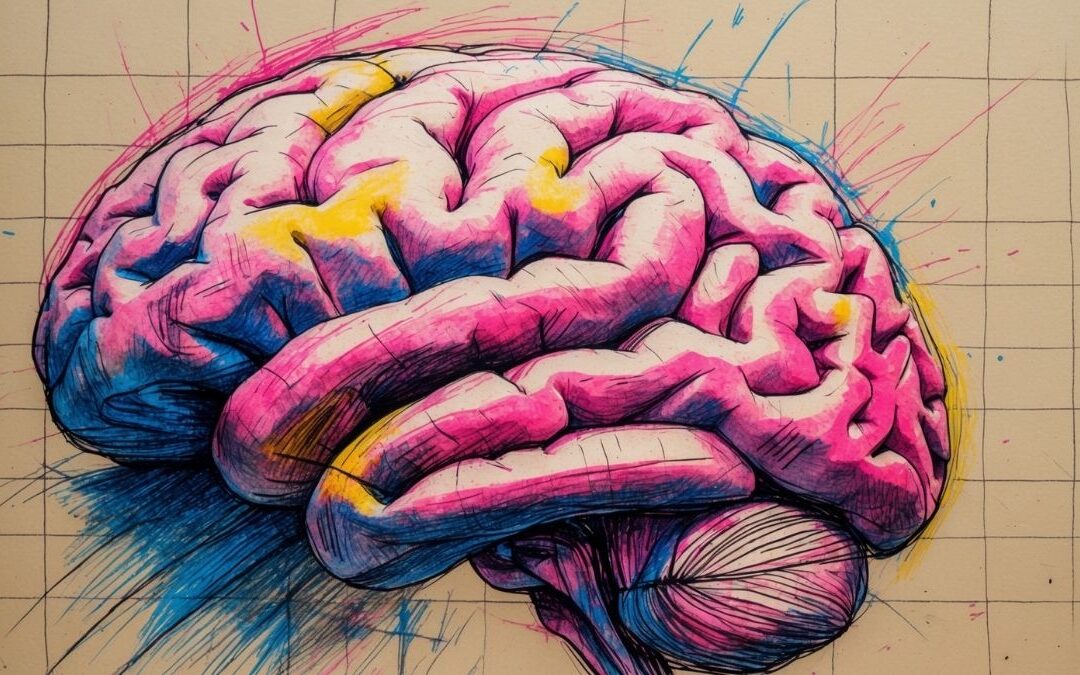Article Audio
Quantum Computing: Where Sci-Fi Meets Reality
Imagine a computer so powerful it could solve problems that would take today’s supercomputers a lifetime. A computer that could revolutionize medicine, crack unbreakable codes, and design materials we can’t even dream of yet. Believe it or not, this isn’t some distant science fiction fantasy – it’s the promise of quantum computing.
So, what exactly is quantum computing? Well, let’s ditch the textbooks for a minute and think about how regular computers work. At their core, they rely on bits – those tiny 0s and 1s that store all your information. Quantum computers, on the other hand, use something called qubits.
Think of qubits like mischievous little siblings of bits. Unlike bits, which are either 0 or 1, qubits can be both 0 and 1 at the same time. It’s like a coin that’s heads and tails simultaneously! This weird property is called superposition, and it’s one of the superpowers of quantum computers.
Another mind-bending concept is entanglement. Imagine two qubits that are forever linked, no matter how far apart. When you measure one, the other instantly takes on the corresponding state. It’s like they have an unbreakable, cosmic connection!
Now, why is this so revolutionary? The way qubits interact and work together allows quantum computers to tackle a whole universe of problems that even the most powerful supercomputers today can’t touch.
Quantum Computing: The Real-World Impact
Okay, enough about the mind-boggling physics. Let’s talk about how quantum computing could change your world:
- Drug Discovery: Imagine finding cures for diseases like Alzheimer’s or cancer in a fraction of the time it takes today. Quantum computers could help design new drugs by simulating molecules and their interactions.
- Cybersecurity: Quantum computers could break current encryption methods. Don’t panic! They could also lead to unbreakable quantum-based encryption, making your online information much safer.
- Materials Science: Think of designing aircraft that are lighter and stronger, or batteries that charge in minutes and last for weeks. Quantum computing could help us create materials with revolutionary properties.
- Artificial Intelligence: Imagine AI systems that can truly reason and learn, leading to breakthroughs in everything from self-driving cars to medical diagnosis.
The Road to Quantum Revolution
The thing is, quantum computing is still in its early stages. Building large-scale, reliable quantum computers is insanely difficult. But the progress is thrilling! Companies like Google and IBM are already experimenting with them, and while they’re not exactly replacing your laptop anytime soon, the future is undeniably quantum.
Want to be part of this tech revolution? Stay curious! Learn the basics, follow the latest advancements, and who knows? You might just be the one to develop the next breakthrough quantum algorithm. The quantum world is full of possibilities, and it’s waiting for you to explore it.
Why Should You Care?
- Quantum technology will reshape the world: Quantum computing has the potential to revolutionize how we solve problems and invent new things. Understanding the basics helps you be future-ready and anticipate its impact.
- New career opportunities: Quantum computing will create exciting new fields and job roles. Being informed early gives you an edge when it comes to pursuing these opportunities.
- Science is cool! Quantum mechanics challenges our everyday understanding of the world. Learning about it is a mind-expanding adventure in itself, showing just how fascinating science can be.
Key Takeaways
- Quantum computers operate on fundamentally different principles (qubits, superposition, entanglement) than traditional computers.
- These unique properties allow quantum computers to tackle problems currently impossible to solve, accelerating innovation.
- Potential applications range from drug discovery and cybersecurity to materials science and AI development.
- Quantum computing is a young but rapidly developing field.
Keywords
- Quantum Computing: A type of computing utilizing principles of quantum mechanics to perform calculations.
- Qubit: The basic unit of information in a quantum computer, analogous to bits in classical computers.
- Superposition: A principle of quantum mechanics where a qubit can exist in multiple states (0 and 1) simultaneously.
- Entanglement: A connection between qubits where manipulating one instantly affects the other, regardless of distance.
- Quantum Mechanics: The theory in physics that describes the behavior of matter at the atomic and subatomic level.
- Encryption: Transforming information to make it unreadable to unauthorized parties.
- Materials Science: A field investigating the relationship between a material’s structure, properties, and how it’s made.
- Artificial Intelligence (AI): Technology enabling computers to perform tasks that usually require human intelligence.
- Algorithm: A step-by-step procedure to solve a problem or complete a task
- Supercomputer: A high-performance computer with significantly greater speed and processing power than a standard computer.
Frequently Asked Questions
When will quantum computers replace my laptop?
Not anytime soon. Quantum computers are specialized for very specific problems, and it’s unlikely they will completely replace your personal device.
Do I need to be a physicist to understand quantum computing?
No! While the underlying physics is complex, learning about the basic principles and applications is accessible to everyone.
How can I learn more about quantum computing?
There are many online resources, articles, and even introductory courses that break down the concepts.
Myth Buster
Myth: Quantum computers can solve any problem instantly.
Reality: Quantum computers excel at certain types of problems, but are not a magic bullet. There are many things they won’t be better at than classical computers.
Let’s Talk!
- Do you think the potential benefits of quantum computing outweigh the risks?
- Which industry do you think will be the most disrupted by this technology?
- Are you excited by these developments or do you have concerns?
Let’s keep the quantum conversation going – share your thoughts in the comments below!










0 Comments